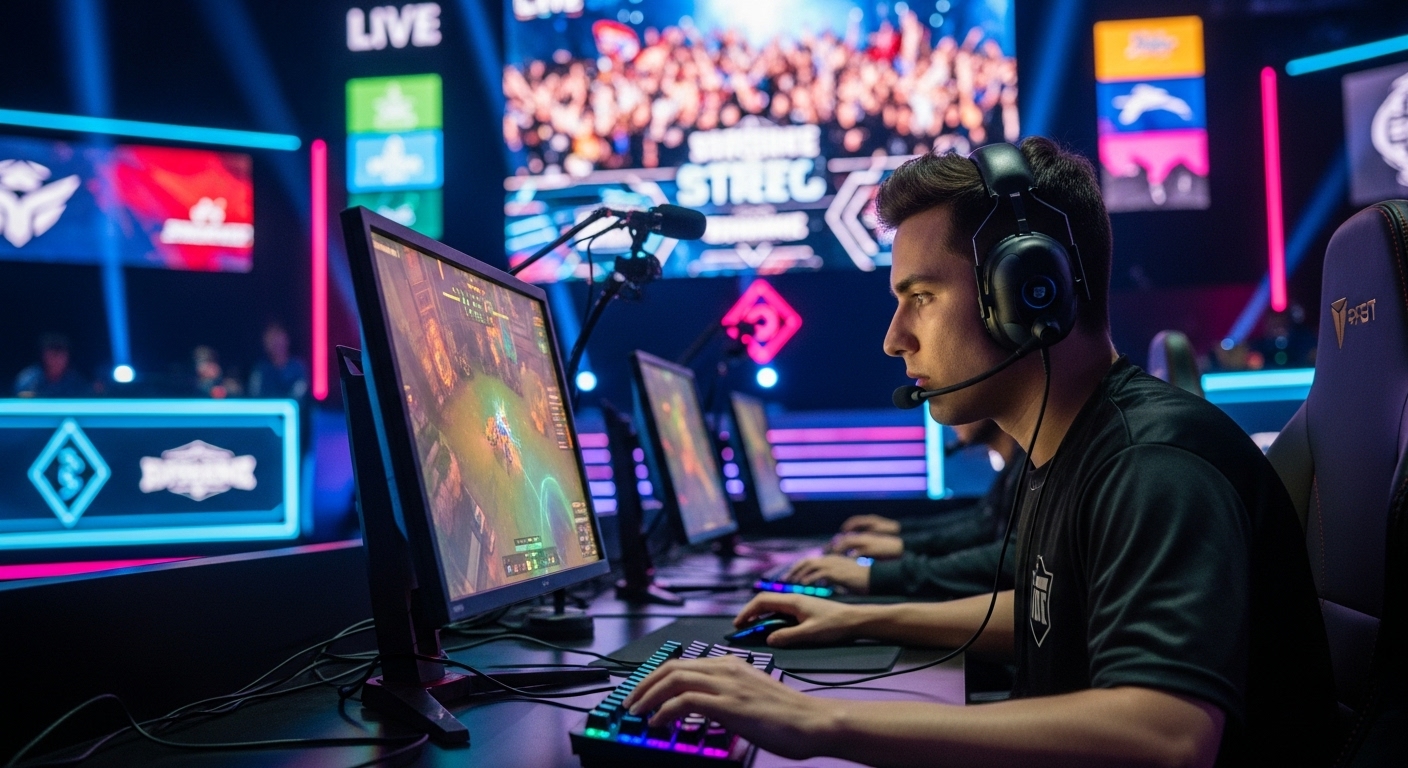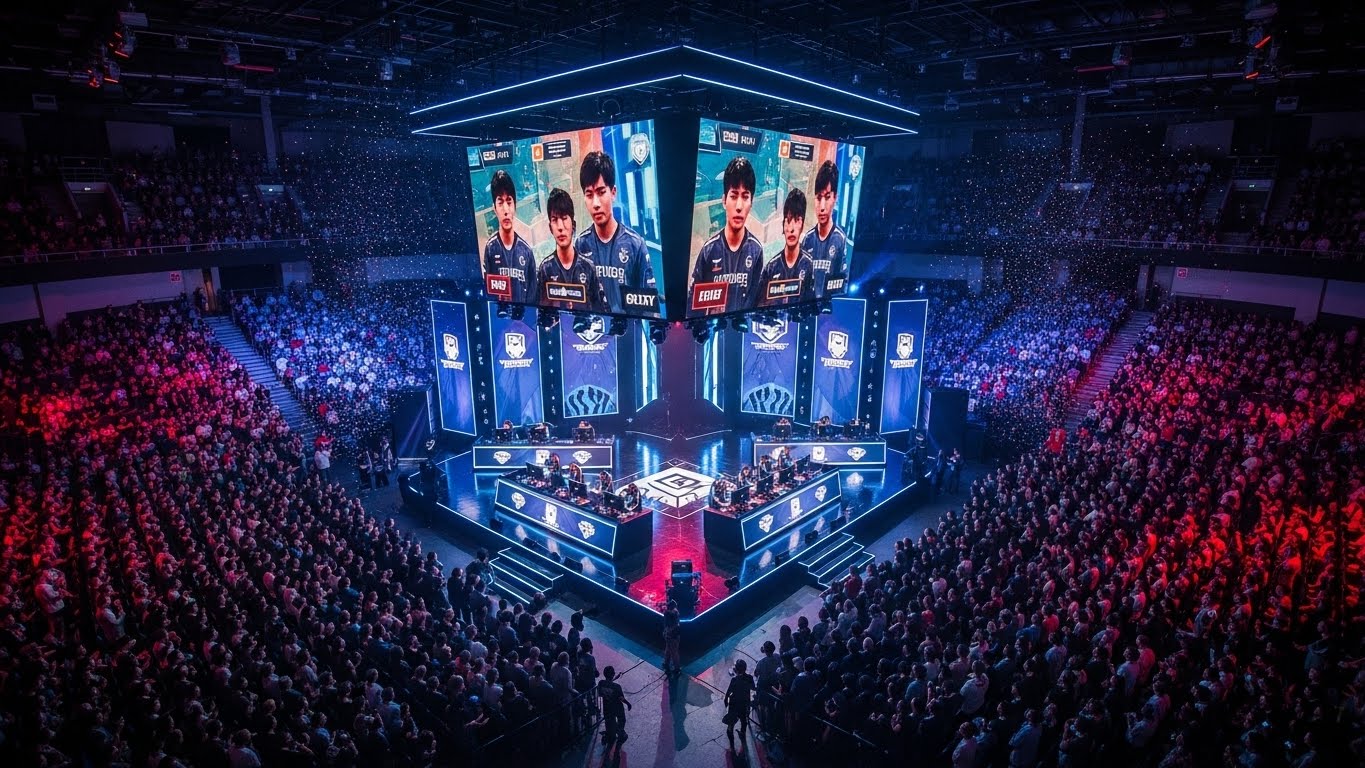Introduction: The Rise of eSports
eSports, or competitive gaming, has grown from a niche hobby into a global phenomenon. Millions of players and fans around the world now participate in tournaments, watch live streams, and engage with professional gaming communities. What was once seen as casual entertainment has evolved into a highly organized industry, combining skill, strategy, and technology.
The Evolution of Competitive Gaming
Competitive gaming began with local tournaments and arcade competitions, eventually moving online as internet speeds and technology improved. Today, eSports includes professional leagues, sponsorships, and massive international events. Games like Dota 2, League of Legends, Counter-Strike, and Fortnite have created global platforms where players compete for prestige, recognition, and substantial prize money.
Popular eSports Genres
eSports is diverse, with many genres attracting players and fans alike:
- MOBA (Multiplayer Online Battle Arena): Games like League of Legends and Dota 2 require strategy, teamwork, and precise execution.
- FPS (First-Person Shooter): Titles such as Counter-Strike and Call of Duty test speed, accuracy, and quick decision-making.
- Battle Royale: Games like Fortnite and PUBG combine survival skills, tactics, and adaptability.
- Sports Simulations: Virtual football, basketball, and racing games replicate real-world sports in competitive formats.
The Impact of eSports
The rise of eSports has had a significant cultural and economic impact:
- Career Opportunities: Professional gamers, coaches, and content creators now have viable career paths in the industry.
- Community Engagement: eSports communities foster teamwork, mentorship, and social interaction among players worldwide.
- Entertainment Industry Growth: Live events, streaming platforms, and sponsorship deals have turned eSports into a billion-dollar industry.
- Skill Development: Competitive gaming enhances strategic thinking, reflexes, communication, and problem-solving skills.
Challenges Facing eSports
Despite its success, eSports faces challenges that must be addressed. Issues such as player burnout, online toxicity, and fair play regulations are critical for maintaining a healthy competitive environment. Ensuring inclusivity and ethical standards will be vital as the industry continues to expand.
The Future of eSports
The future of eSports is bright, driven by technological innovation and increasing global interest. Virtual reality and augmented reality could redefine gameplay, while AI-driven analytics might improve training and strategy. As audiences grow and opportunities multiply, eSports will continue to shape the future of digital competition and entertainment.
Conclusion
eSports is more than just gaming—it is a cultural and economic revolution. It combines skill, strategy, and technology, creating opportunities for players and communities worldwide. With continued growth, innovation, and responsible practices, eSports is poised to become a permanent pillar of global entertainment and competitive culture.



